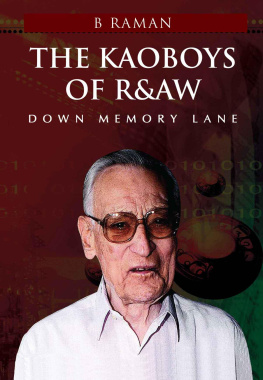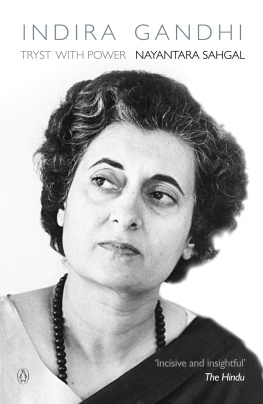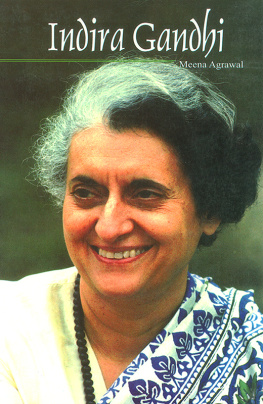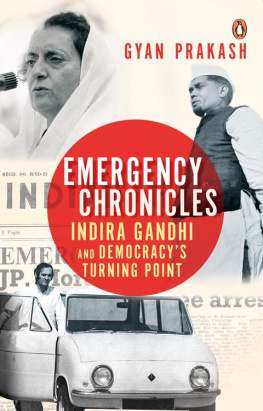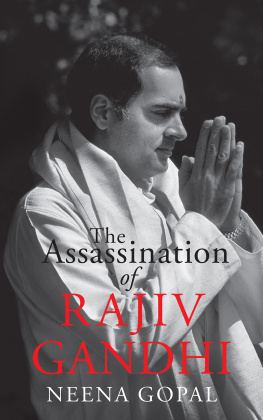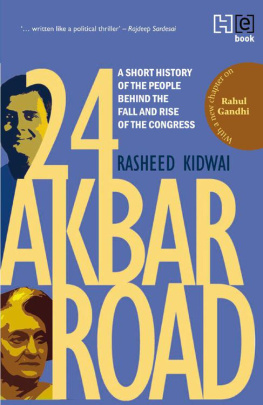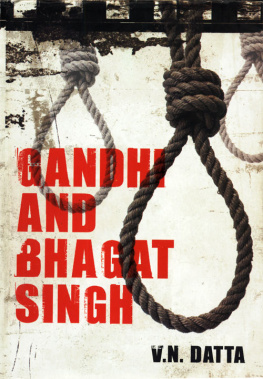THE KAOBOYS OF R&AW
DOWN MEMORY LANE
www.indiandefencereview.com
A very honest book!
Asia Times Online
In a new offering from Indias premier publishing house on strategic affairs, B Raman, pries open the black box with hard-hitting scrutiny A treasure trove of unknown information and incidents that mark a much misunderstood and maligned agency, this book is a frank account
www.rediff.com
Ramans work is exceptional because for the first time we get an insiders analysis of the success and failures of the secretive Indian external intelligence agencyRamans book, apart from being full of juicy stories will remain a textbook for those interested to study and understand the first years of Indias external intelligence agency.
India Today
A startling glimpse into the working of Indias External Intelligence Agency.
The Indian Express
B. Ramans book on RAW is peppered with stunning, and sometimes amusing, anecdotes.
The Tribune
Touching a raw nerve.
Deccan Herald
The book conveys a sense of the Intelligence world as it really is, mostly shades of gray, instead of black and white.
The Telegraph
B. Raman, a former R&AW spy, points out that one of R&AWs major drawbacks has been a lack of man managementespecially in the later years, where R&AW should have been blended into a team, theres a clear absence of an esprit de corps.
www.newindpress.com
There are two ways to look at this book. One is to pick up a few scoopy details and highlight them, the other is to look at it as a textbook and learn from memory lane about intelligence collection and analysis and even covert operations.
Outlook
insider account of the rot within are always a good read.
DNA
Raman is fair to the legacy he was himself a Kaoboy and chronicles both the achievements and failures of RAW in a reasonably objective manner.
Book Overview
This book deals largely with those aspects of the working of the R&AW of which the author had personal knowledge while serving in the organization for 26 years.
The book traverses through Indias contemporary history-importantly the 71 war; insurgency in the Northeast, Punjab and Kashmir; the Emergency; the war in Afghanistan and the intelligence imperatives and dispensation under Indira Gandhi, Morarji Desai, Rajiv Gandhi, VP Singh, Chandra Shekhar and Narasimha Rao. Written with the purpose that a knowledge of the role played by R&AW in those events would possibly enable a better understanding of its strengths and weaknesses, it painstakingly avoids over-statements, exaggerations and spins. The organization has been given credit where it is due. And it has been criticized where such criticism was warranted.
Known for his candor, the author provides rare insights into the functioning of R&AW. This book is objective in its commentary and assessment. A prolific writer like Raman waited for 13 years after he retired from R&AW in 1994 to come out with an insightful book.
In India, retired intelligence officers have written books on general aspects of intelligence and security. However, there has been a reluctance to write on the functioning of our intelligence agencies by its retired officers. Such reluctance was there even in other countries till the early 1960s. This has since disappeared. The public in general and the research scholars in particular have benefited from such writings. This book seeks to break the reluctance in India in public interest, so that the nation as a whole may benefit from a well-informed debate.
Kaoboys of the R&AW, first attempt by an insider, who belonged to the permanent cadre since inception of R&AW and was not merely a bird of passage, hopefully, would encourage others to share their experience and insights with the public and research scholars.
THE KAOBOYS OF R&AW
DOWN MEMORY LANE
B. RAMAN


Published in the United States by
Lancer Publishers LLC
855 Peachtree St Suite 2602
Atlanta, GA 30308
First published in India by
Lancer Publishers & Distributors
2/42 (B) Sarvapriya Vihar,
New Delhi - 110016
B. Raman, 2013
All rights reserved.
eISBN-13: 978-1-935501-48-0
ISBN-13: 978-0-9796174-3-0
ISBN-10: 0-9796174-3-X
www.lancerpublishers.us
Contents
This book would not have seen the light of the day but for Shakti Bhatt, a fascinating young girl, who was the daughter of Sheela Bhatt, the Executive Editor of Rediff.com, Delhi, and Kanti Bhatt, the Gujarati writer. She was the wife of Jeet Thayil, the poet.
I had met Shakti for the first time at a conference in New York in November, 2002. She and Jeet were in the staff of India Abroad, a well-known and well-circulated journal belonging to the Rediff.com group.
Shakti and Jeet returned to India in August, 2004. After traveling around for a while, she joined the New Delhi office of a well-known international publishing house. A few months later, she quit the job. In September, 2006, she was selected to head a new Indian publishing house.
In the first week of December, 2006, I had been to Delhi for a conference. On coming to know of it, she invited me for lunch in the coffee shop of the Ambassador Hotel.
During the lunch, she told me about her job and her plans for the future. She said that she proposed publishing five titles in 2007----one non-fiction and four fiction. She wanted me to write a book on my years in the Research & Analysis Wing (R&AW).
I told her that previously some other publishers had also asked me to write on my years in the R&AW. I had said no to them since I did not like the idea.
She urged me to change my mind and accept her request as a special favour.
She was so infectious in her enthusiasm that I could not say no to her. I agreed.
After I returned to Chennai, I sat down to write the book. A few days later, I got a message from Shakti: Mr. Raman, if you feel comfortable, may I have a look at a sample chapter?
I sent her one. Within two hours, I got her reaction: Fantastic. Makes compelling reading. You are very modern in your style of writing. Much beyond my expectations.
On March 24, 2007, I informed her that I had completed the book and would meet her in Delhi on April 18 to hand over the manuscript after revision. She was excited and started drawing up plans for its editing, publication, marketing and launching.
But, fate was unkind. She passed away early in the morning of April 1, 2007, after a sudden and brief illness. I was shattered. I lost interest in the book. I wrote it for her. I found it difficult to accept the idea of having it published when she was no more.
Ultimately, I decided that I owed it to Shakti to have it published.
What dreams for the future she had.
What a bundle of ideas she was.
How determined she was to make a name for herself in the world of publishing.
But, God willed otherwise. He called her to heaven before her dreams could be realised and her ideas could be carried to fruition.
She died young at the age of 26, but her memory, dreams and ideas should be kept alive. This book is my small contribution to doing so.
When you read this book, please do think of Shakti and pray to God that He should keep her happy in heaven.
Next page
